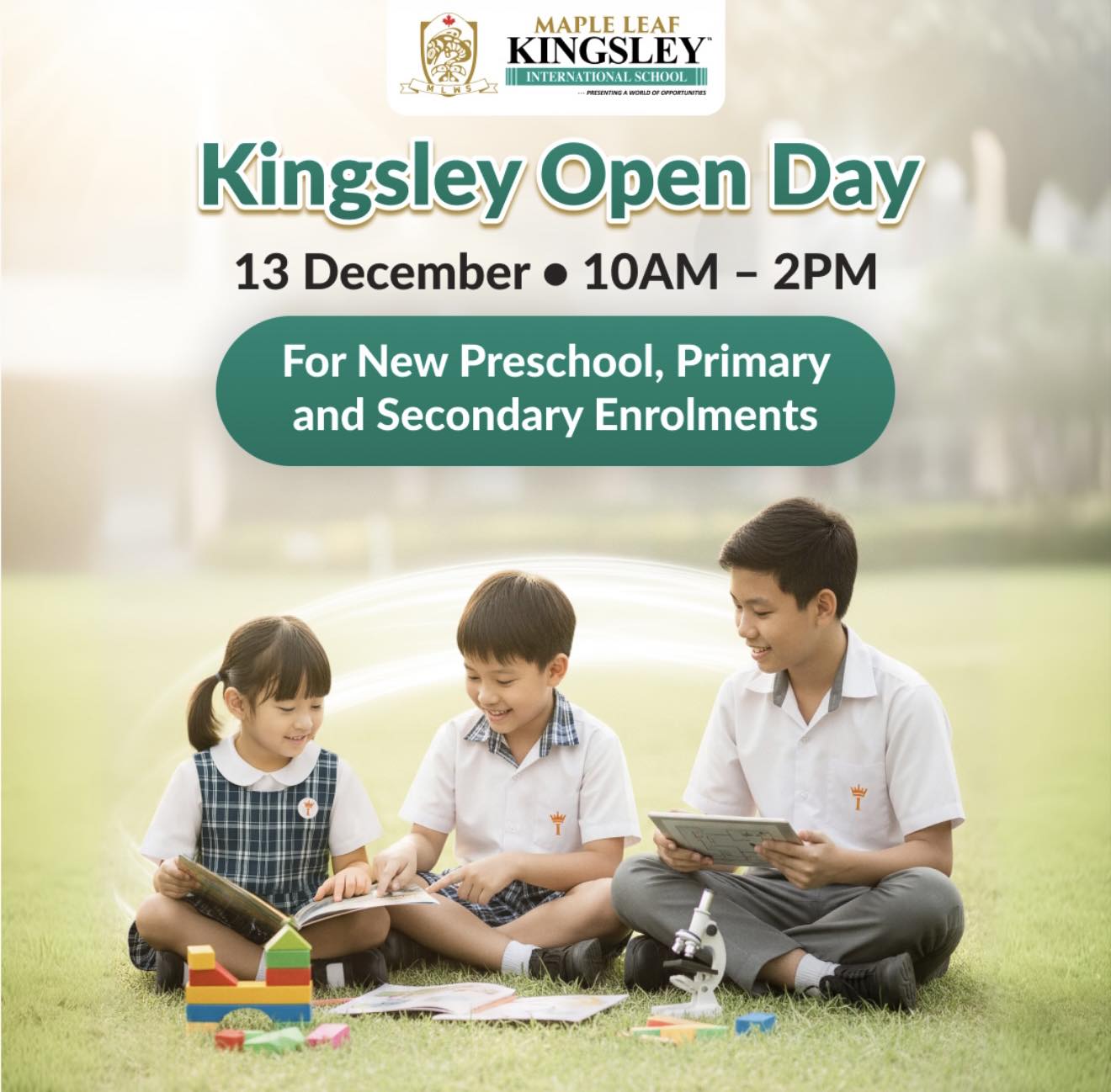There are different types of schools in Malaysia. Justin Tee outlines the various educational systems that parents can choose from.

The educational landscape in Malaysia has evolved considerably over the last few years, presenting parents with a multitude of options in private schooling. Choosing the right school for your child can be daunting given the various types of systems available. There is an increasing number of factors to consider, from curricula to facilities, and class size to fees. Therefore, it is important to understand the elements of each factor before making a decision.
The Government School System
Government schools are the most common and affordable option by far. These schools are located all over the country. Chances are there is one conveniently located near where you live, and the fees are nominal. However, as these schools are government funded, they follow the Malaysian curriculum where lessons are conducted primarily in Bahasa Malaysia, the national language of Malaysia. There is a heavy emphasis on examinations, especially with the centralised Sijil Pelajaran Malaysia (Malaysian Certificate of Education) conducted at the end of Form Five. Typically, these schools have high student-teacher ratios, a narrow range of extracurricular activities and limited facilities.
Although efforts are being made to transform the current system into one that would 'focus less on predicting what topics and questions will come out and drilling for content recall,' and instead train students 'to think critically and to apply their knowledge in different settings', as outlined in the Malaysia Education Blueprint 2013-2025, the outcome remains to be seen.
The Private School System
Instead of sending their children to government schools, parents have the option of choosing privately-run schools that offer the Malaysian curriculum. The major difference between government and private schools is that the latter typically provide better facilities and more varied extracurricular activities. Additionally, private schools have smaller class sizes, enabling teachers to provide more personalised attention, and they place greater emphasis on the learning of foreign languages. English tends to be the medium of instruction in these schools.
For parents, however, these advantages come at a price. Private schools charge higher tuition fees as well as fees for extracurricular activities. Fees are also payable for application and registration. At the same time, parents may not find a private school conveniently located near their home. Parents who choose this option accept the national curriculum and are able to afford the higher fees.
The Vernacular School System
In Malaysia, there are two types of vernacular schools - Chinese and Tamil schools - that use Mandarin and Tamil as the main medium of instruction respectively, with Bahasa Malaysia and English taught as compulsory subjects. Parents who send their children to these schools want them to learn their mother tongue. However, it is not uncommon to see children of all races enrolled in these schools, particularly in Chinese schools, due to the perception that they offer a better quality of education, and because of the importance of Mandarin as a language for business in view of increasing career and business opportunities in China.
Chinese vernacular schools are known for being very strict with students, and are noted for giving students excessive amounts of homework. Students are also required to take part in many extracurricular activities after school hours during the week and over the weekend. As places are limited, especially in secondary schools, students have to compete academically to gain admission. This puts a lot of pressure on students to perform well, although, this is not the case for all Chinese schools in the country.
The International School System
International schools in Malaysia are privately owned and in the early days were primarily for children of expatriates working in the country. However, since the restrictions for Malaysians studying in these schools were removed in 2012, there has been an increase in the number of local students in these schools. The increasing demand has resulted in more schools being established over the past few years.
Although international school fees have become more competitive in recent years with the increasing number of schools, they are still higher than those charged by private schools offering the Malaysian curriculum. International schools in Malaysia offer a variety of curricula including British, American, Australian, Canadian and International Baccalaureate among others. The wide range of curricula allow for flexibility of choice, depending on the child's learning needs. Additionally, they are usually benchmarked against international standards, where the emphasis is on the learning processes rather than on the results.
In addition to more curricular options, international schools have lower student-teacher ratios, excellent facilities, well-qualified educators, as well as a greater focus on non-academic areas of learning.
The Home-school System
A small number of children are educated at home or at independent learning institutions although this number is increasing. Some parents opt to take their children out of the conventional schooling systems and instead teach them at home for a variety of reasons. Some children may have special educational needs or disabilities that conventional schools are not equipped to deal with. Other reasons include the desire to expose children to a different way of learning, as well as the high cost of private school education. This option enables the parents to shape and define their children's learning experience according to their own priorities.
Parents can tailor the home-school environment to meet the unique educational needs of their children by adopting teaching methods that they believe to be most suitable for them. As primary education is compulsory in Malaysia, permission from the Ministry of Education is required if parents wish to educate their children at home.
Families who opt for home schooling may choose to use one specific curriculum and the educational materials and methods that go with it. These include Charlotte Mason, Montessori, the Theory of Multiple Intelligences, Unschooling, Waldorf, School-at-Home as well as faith-based curricula. Or they may create anew curriculum by incorporating elements from different curricula and supplementing these with other resources such as books, movies, music, art. field trips and relevant websites.
Commiting to a schooling option for your child is hardly an easy decision. Each educational system has its pros and cons, and its viability depends very much on the child and the educational goals envisaged. Therefore, it is important that you take the time to explore and examine the different options thoroughly, by talking to other parents, visiting various schools, and attending relevant talks and exhibitions. You may need to shortlist schools or the type of educational system you are seeking by taking into consideration how best your child learns and your own set of criteria prior to making a final decision.















![[St. Joseph’s Institution International School Malaysia] The Lasallian Education Ethos for a Better Future - Gratitude and Giving](https://mint-edm.sgp1.digitaloceanspaces.com/production/PPIxso2IiVm1U64SEHCuXjI03yE7Rg.jpeg)




















